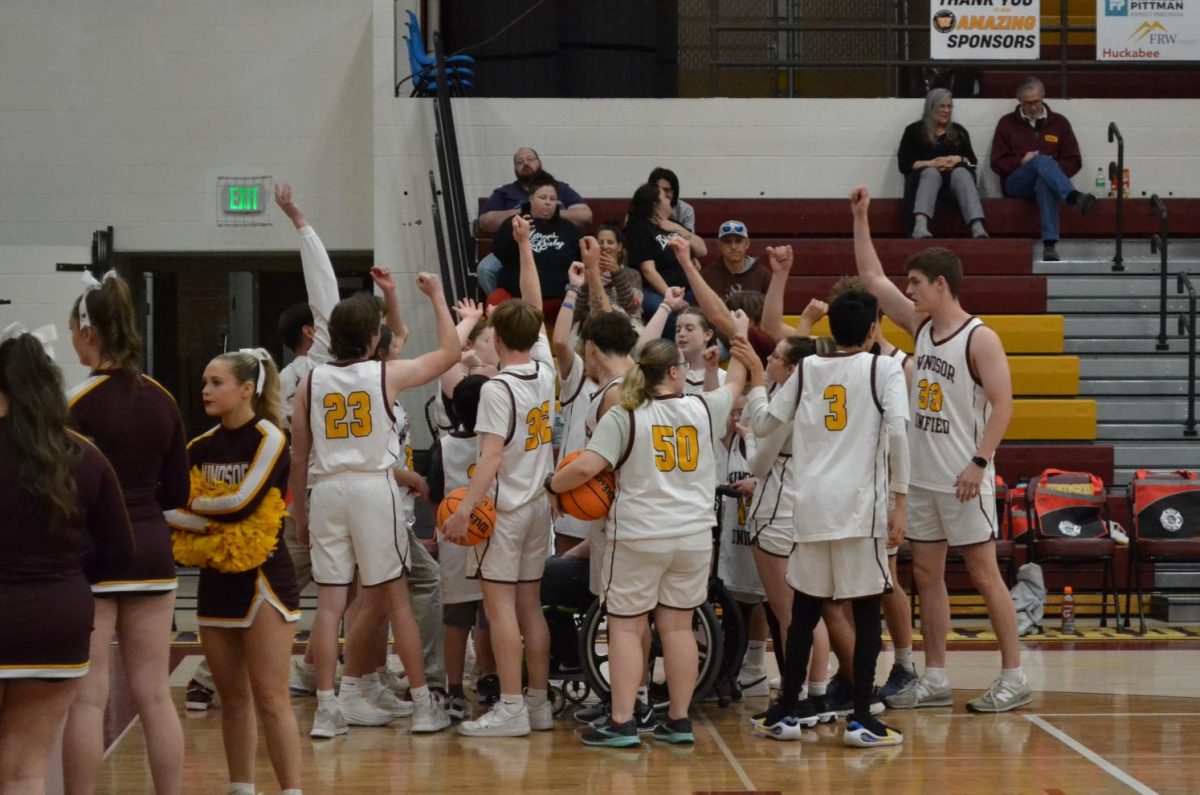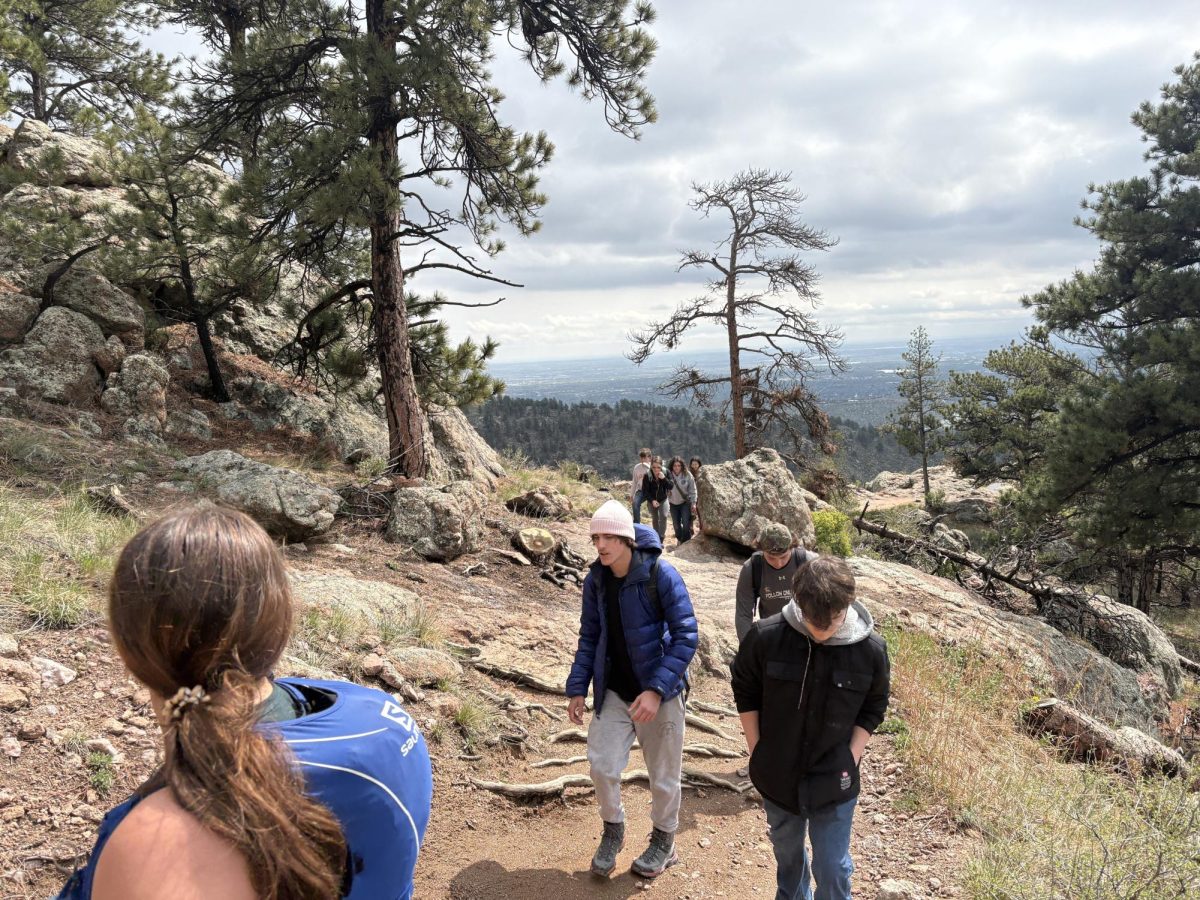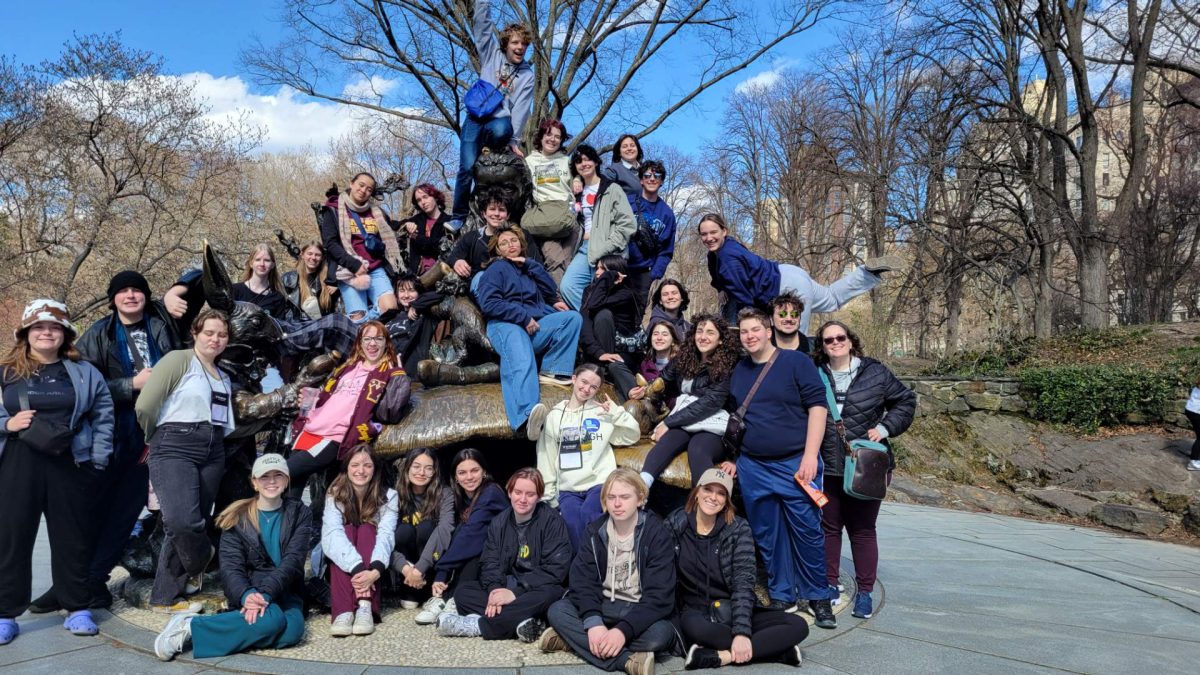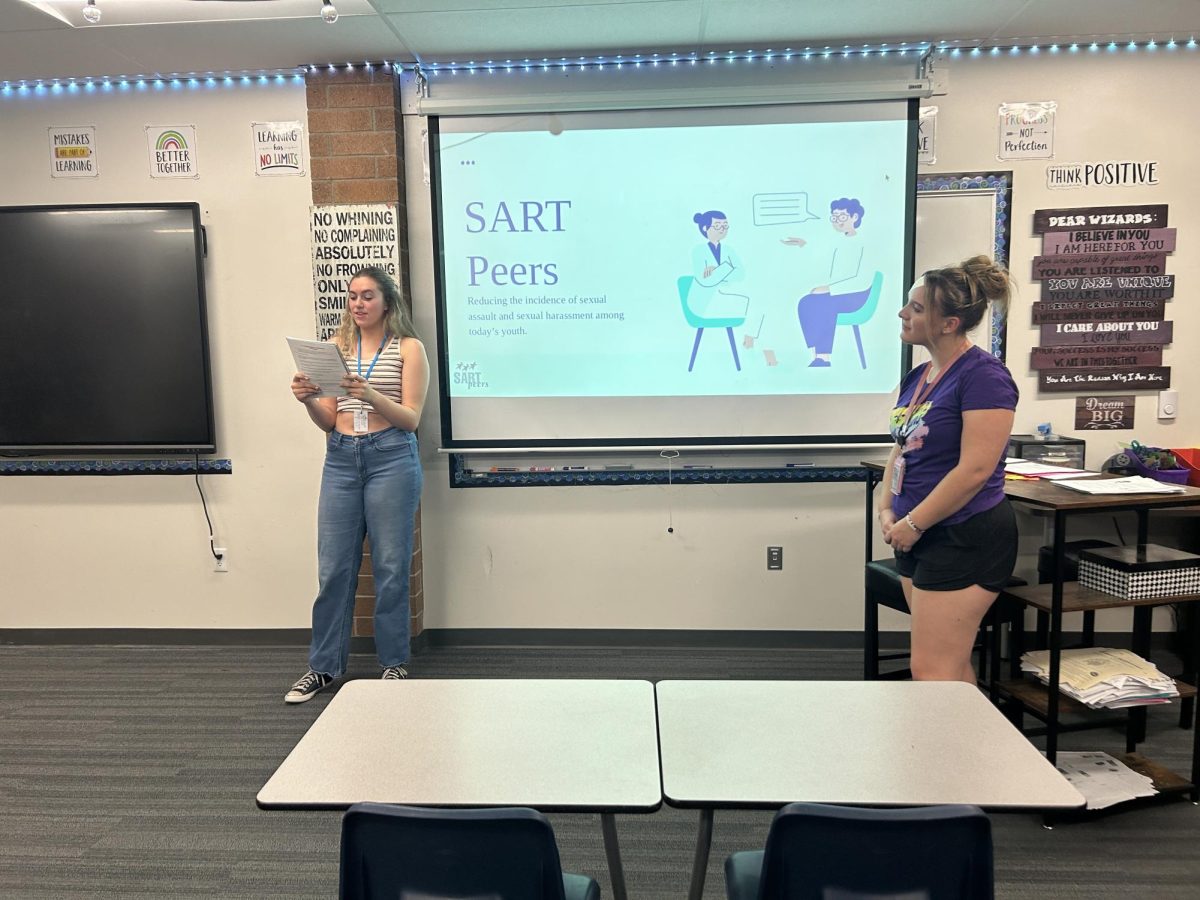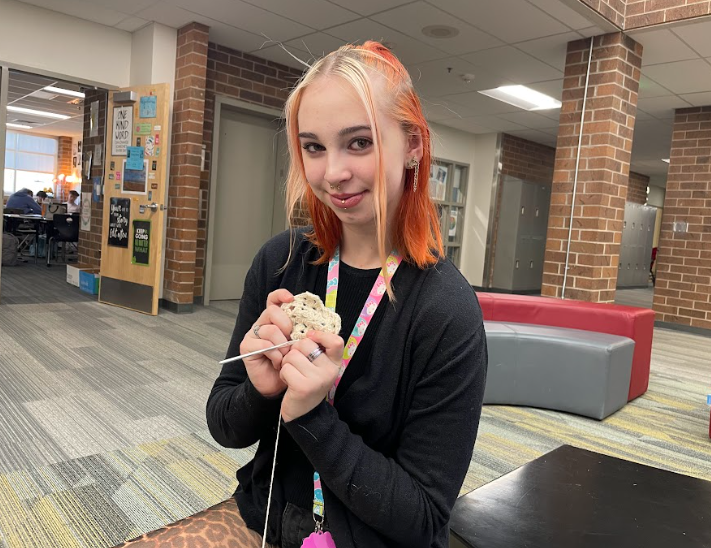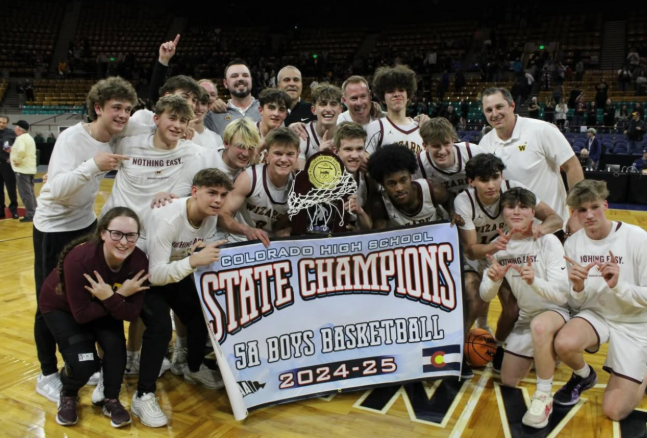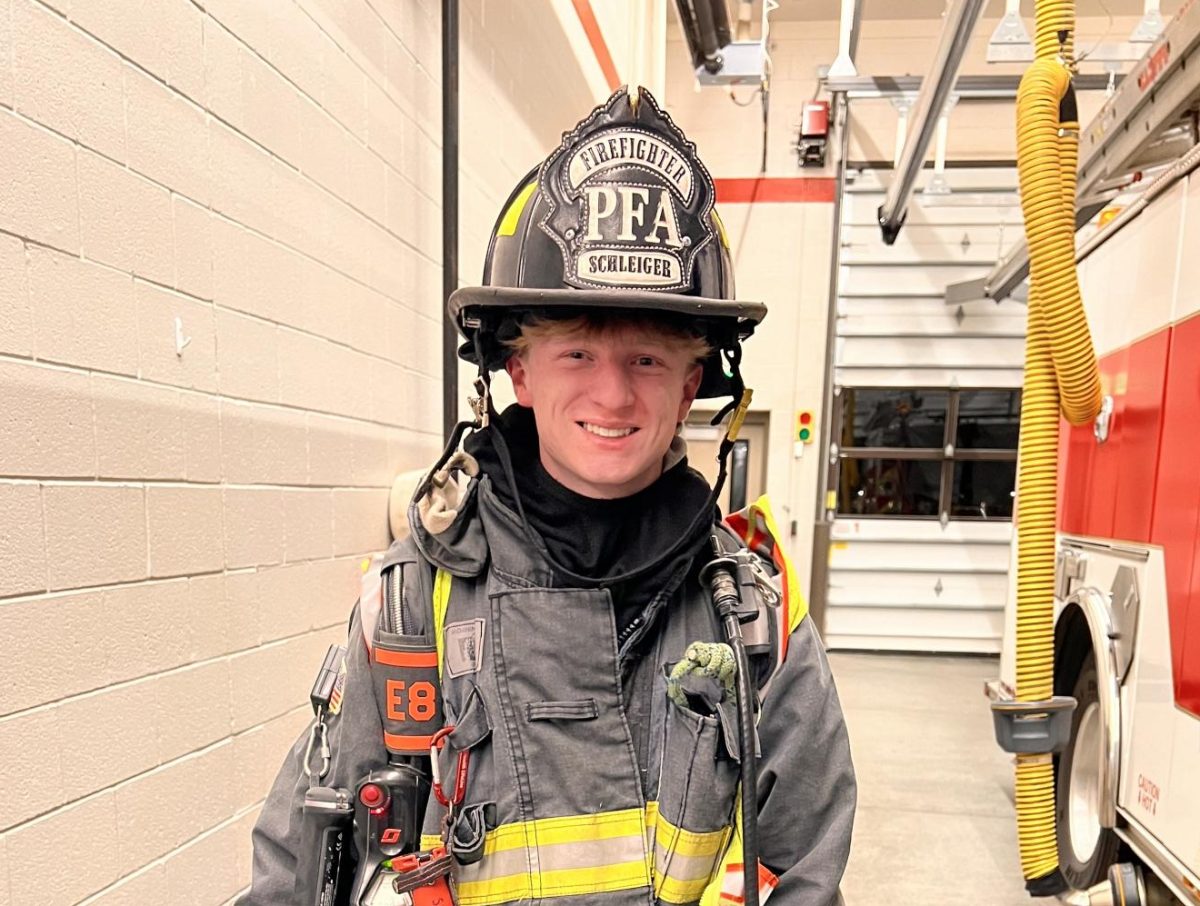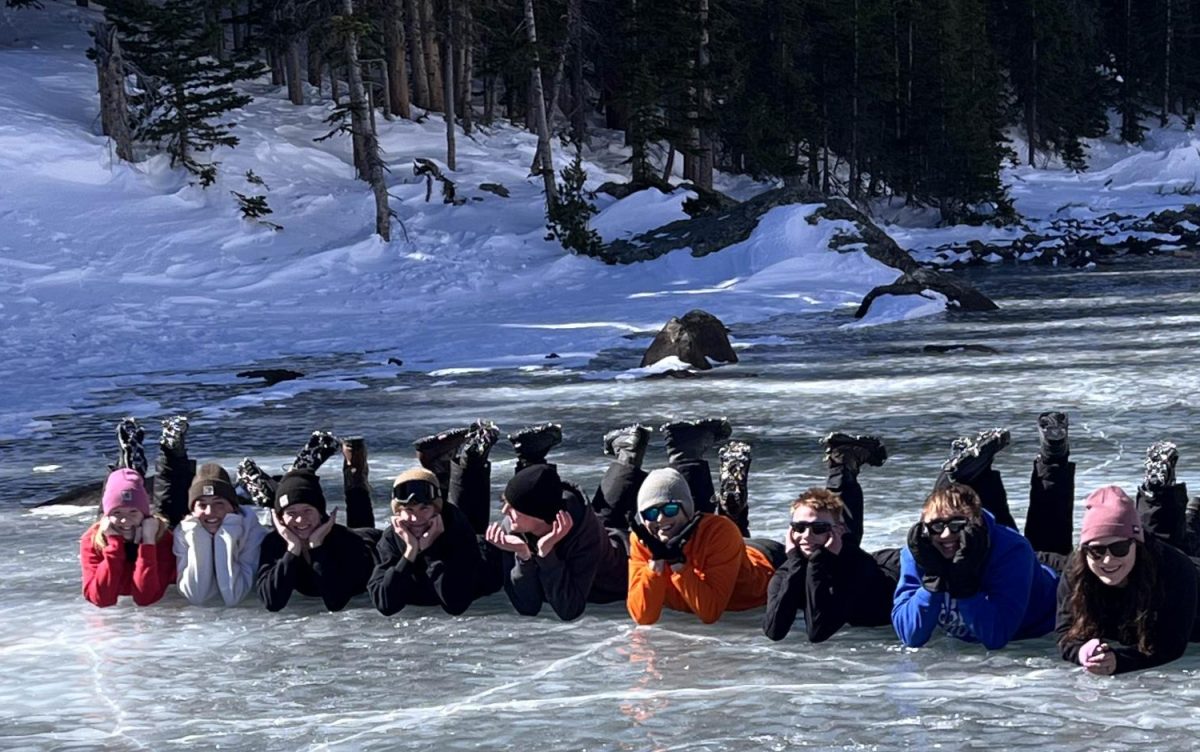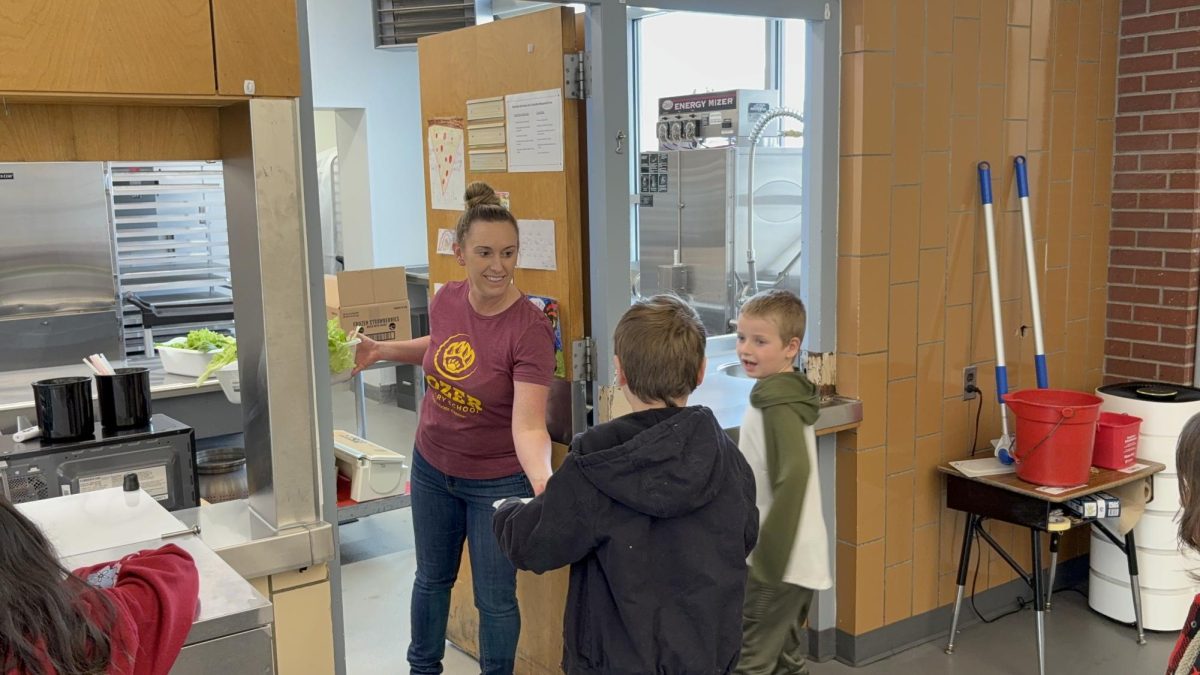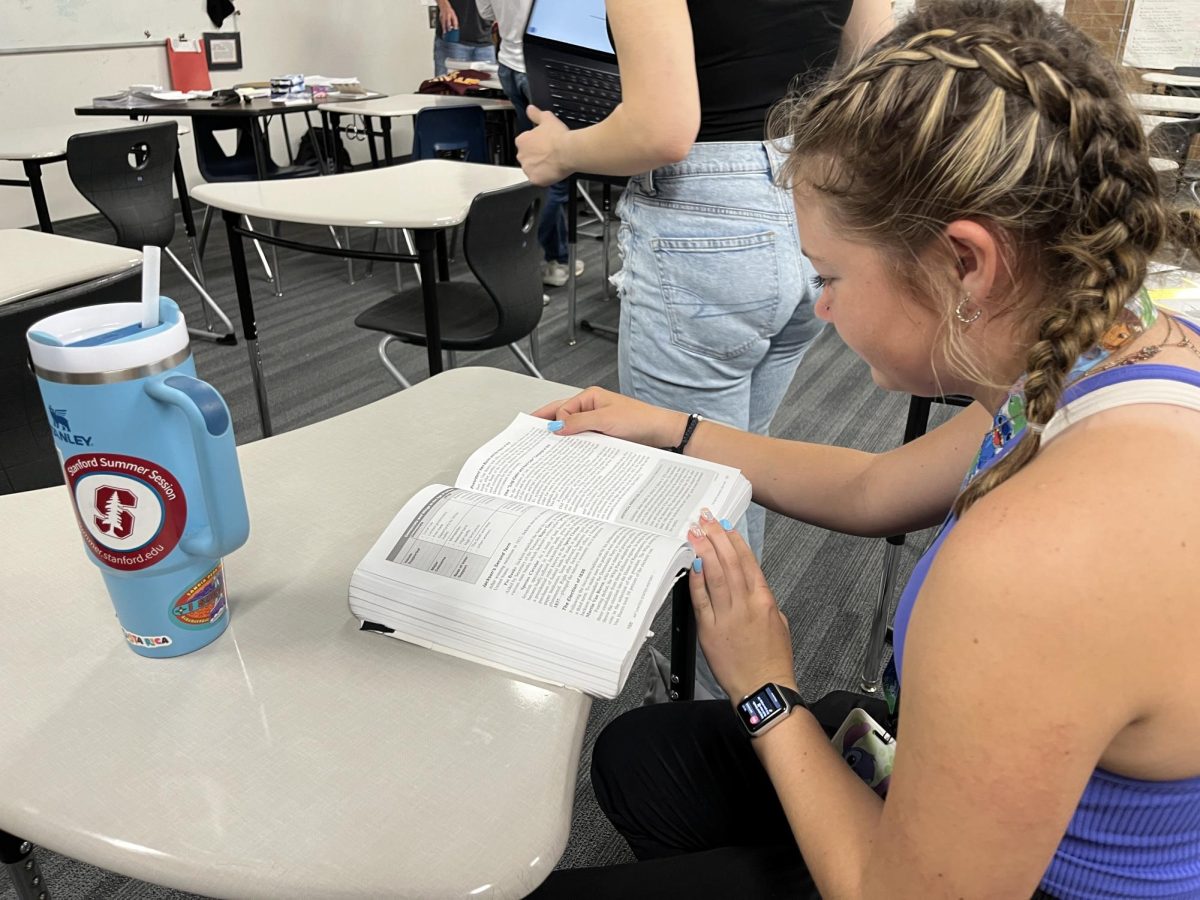At the end of the school year, students who have studied and prepared for months in their Advanced Placement classes finally have the chance to see their work pay off in May. Through a series of AP tests, hosted by College Board, students’ abilities to write essays, take multiple choice exams and present research on a variety of subjects is tested.
Depending on the score students receive on these exams, they receive college credit; scores that are higher on a scale of 1 to 5 are accepted by more colleges and universities than scores lower on the scale. So, it is prudent that students study to score as well on these exams as possible.
How do they do so? As Phil Weiser (staff), teacher of AP United States History, AP Seminar and AP Research said, “Cram, cram, cram.”
While most of the school year is dedicated to learning content, students often struggle with recalling what they learned the semester prior. The best way to solve this is studying in a variety of ways.
“In AP Bio we’ve been doing review games and watching videos, and it’s the same for U.S. History,” Delaney Kintz (11) said. Kintz took AP exams for Language and Composition, U.S. History, Research and Biology.
Some exams, however, are less content-based and therefore more difficult to study for. For example, the AP Seminar test involves writing two research papers over the course of the school year, then presenting said papers in either a group presentation or individually.
“With AP Seminar, well, I run them through a practice exam and then what I have them do is peer review,” Weiser said. “Then (students) look at high scoring samples from the College Board and kind of do a reflection on that.”
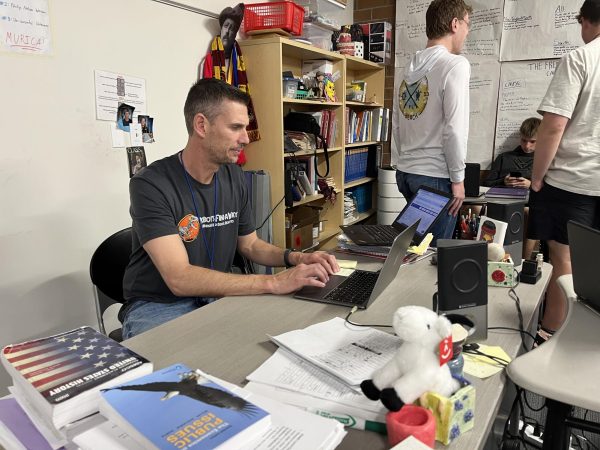
Any amount of studying, whether it’s watching a dozen videos the night before the exam, or simply reviewing key terms, can help students do well on their exams.
Because of her studying, Holly Rohlf (11) said of her exam, “I was able to think back to the terms I took notes on in my content notebook in U.S. History and I was able to think back to some of the terms I was looking at for English.”
Despite lots of studying, students understandably are often still nervous the day of. “They’re definitely stressful, but at the same time, like, you just have to go in with confidence,” Kintz said of AP exams. “And if you participated in class all year and kept up with your work, then you should be totally fine.”
Weiser’s parting advice is this: “Kids, you’re going to be fine. Cram, cram, cram. Do what’s best. Take the progress checks and know where you’re weak and study. That’s about the best advice I give.”





